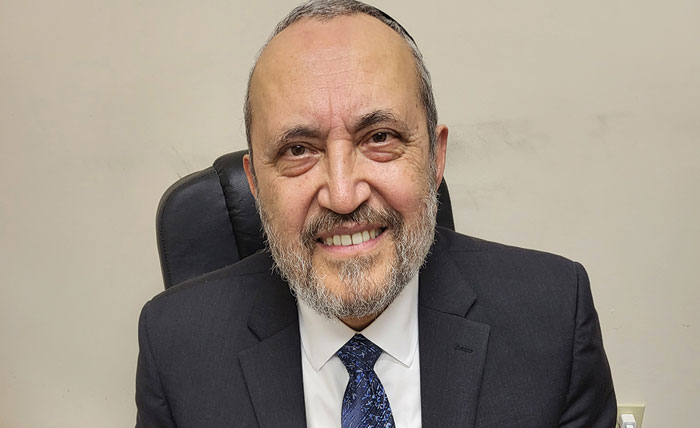
After nearly four decades of milestone accomplishments for Persian Jews in Los Angeles, Rabbi David Zargari is focused on his next two goals.
In the coming months, he anticipates the opening of the Beverly Hills Spa Mikvah on the Robertson Boulevard site of his Persian synagogue, Torat Hayim. Next, he plans to be opening the community’s first Sephardi high school by 2025.
“God has been very good to me,” were Rabbi Zargari’s first words, not for the only time, when he reflected in his upper floor office at Tashbar, the Sephardi school he founded. “My mentor, before he passed away, told me ‘Reb David, God gives us bundles of mitzvahs. We should grab them and run.’
“When he sent me to Los Angeles 37 years ago, I asked him, ‘What should I do?’ He said ‘Teach Torah. Everything will come from that.’”
Whatever direction the 50,000 Persian Jews of Los Angeles turn, they can see signs of Zargari’s influence on their community. Zargari has focused on teaching Torah to the young and the old virtually every day since arriving in L.A. in 1986.
In the beginning, he focused on two things: He learned in the kollel of Rabbi Chaim Fasman and he started giving classes along Pico Boulevard.
Almost immediately, he saw the need for a school, a learning home for the children of families fleeing war-wracked Iran. With the help of his wife Bina, mother of their seven children, the Zargaris secured a location. He distributed flyers in Persian areas while retaining his daily seat in the kollel.
“In 1987, we started a preschool called Torat Hayim on La Cienega,” Zargari said. The campus was easy to find, across the street from an established synagogue, Temple Beth Am.
The rabbi rented an office and printed flyers saying he was opening a preschool for Persian Jews. His earliest days were pessimistic. “At first, no one was coming,” Zargari said. But since 1988, Torat Hayim has grown, as Persians were pouring into the community.
“We bought one building, then another building,” the rabbi said. “Right now, we have eighth-grade boys, eighth-grade girls, two campuses and an Early Childhood Center — almost 300 kids.”
When Zargari’s school opened, requirements were few. “I would take whoever would come,” he said. “I didn’t have any prerequisites. Students didn’t have to be observant at all.” The rabbi’s motivation was plain. “We did it for the immigrants coming,” he said. “But with the time passing, immigration from Iran was slowing to a trickle after 2005, and finally it stopped.”
That meant a sea-change.
“When we started,” Zargari said, “all of our students were Iranian born, Persian born. Now, it is the opposite. We almost don’t have anyone here who was born in Iran. It’s a new generation.”Further, the entire student body is observant and no longer is exclusively Persian.
In recognition of this significant cultural change, Torat Hayim adopted a new name, Tashbar.
Rabbi Zargari explains: “Tashbar means that the Talmud and the Zohar say the world stands on the pure Torah and tefillah of babies learning Torah.”
As far as he knows, “Tashbar is the only school in the world that preserves Persian Jewish customs.”
As far as he knows, “Tashbar is the only school in the world that preserves Persian Jewish customs.”
For the tall, ramrod-straight, constantly smiling, accessible rabbi, the scene of uniformed, happily chattering children on La Cienega Boulevard, just north of Pico, is worlds away from the 1950s and ‘60s when he was the age of his students in his native Iran.
The flourishing Persian community of 2023 Los Angeles is a world away from where the rabbi grew up.
He was bar mitzvah ahead of the Six-Day War in 1967, and a few months later, his life changed forever. When he was 14 years old, he left home, by himself, boarding a flight for Israel.
“My parents worried about me,” Zargari said, “but my father wanted very much for me to have a college education.”
Being a religious Jew in Iran was difficult in the rabbi’s time. “In Iran, Shabbat is a regular day, a school day,” Zargari said. “That is why my father wanted me to go to Israel.” Teenage David finished high school and graduated from Hebrew University. Shorn of the comforts of a family setting, he lived in the dormitories.
That experience taught him a lesson.
“I did not let my kids go through that experience,” Rabbi Zargari said. “I didn’t send them away before high school.”He describes his family as “seven children and many, many grandchildren.”
Before the Zargaris and their school-age children arrived here in the mid-‘80s, the rabbi was “very hesitant because there was not a proper high level of Jewish education. My mentor told me, ‘You are going to do for HaShem’s children. HaShem is going to do for your children.’”
In 2023, he calls it “a promise fulfilled.”
As for the next generation, “most of my children are teaching Torah. They are in Torah. My grandchildren are, too. This is a big nachas (source of pride).”
Most of the Zargari children are here, and one of his sons, Rabbi Aryeh Zargari, is a rebbe at Tashbar. “I always say, I have seven children, but Tashbar is my eighth child. I am the luckiest person.”
Fast Takes with Rabbi Zargari
Jewish Journal: What is your favorite Jewish food?
Rabbi Zargari: Polochoresh, a Persian dish, Basmati rice, stew — and my favorite part is the tahdig that goes at the bottom of the pot.
JJ: What is your favorite place to travel?
Rabbi Zargari: Israel.
JJ: How do you spend your time off?
Rabbi Zargari: I love to play with my grandchildren.









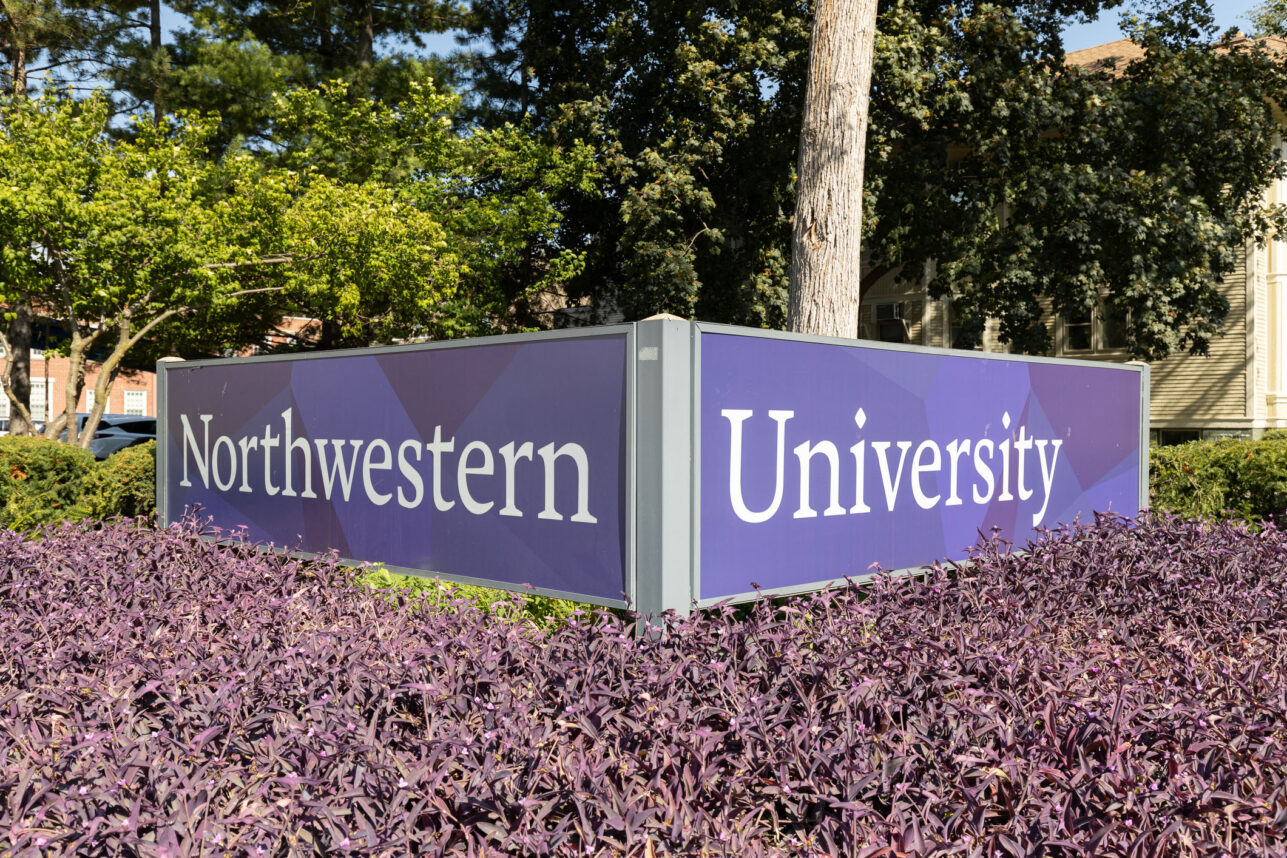
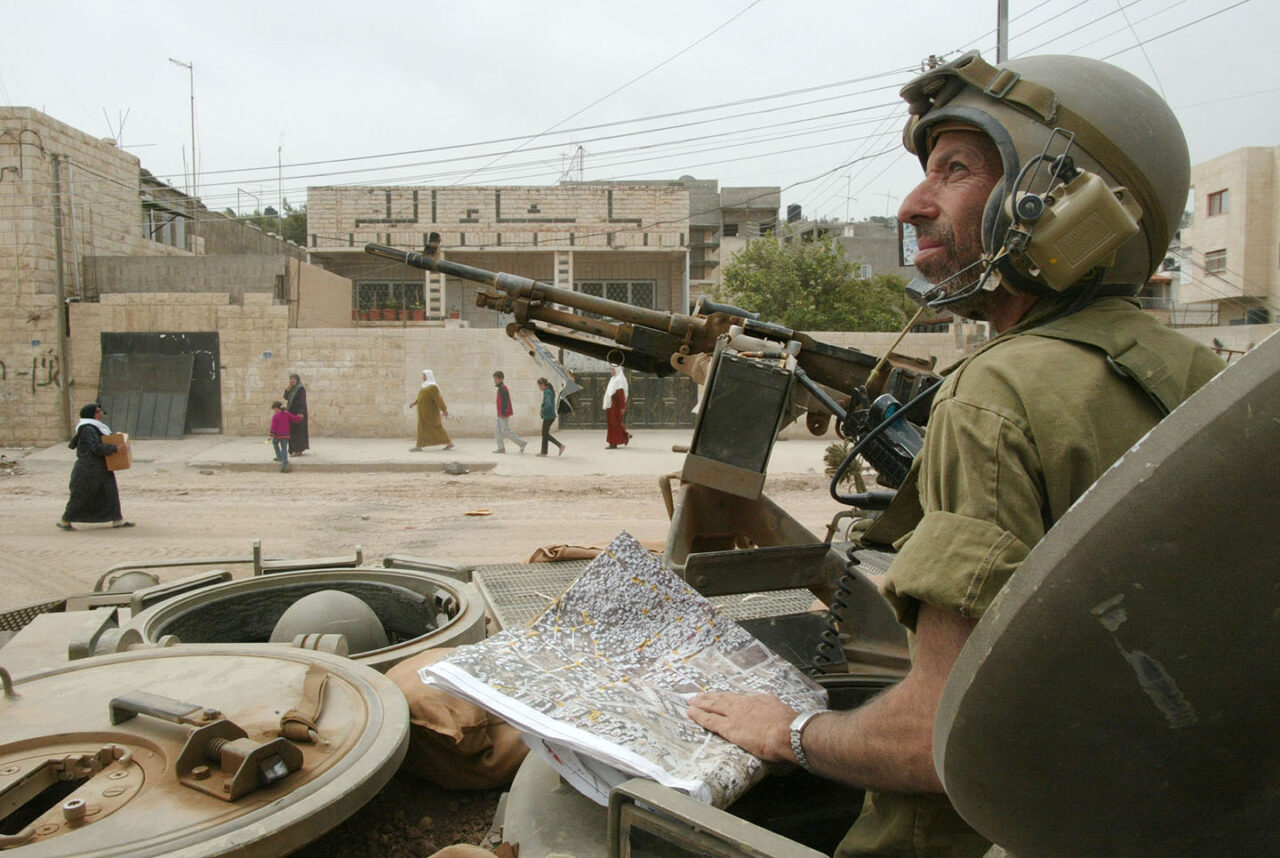
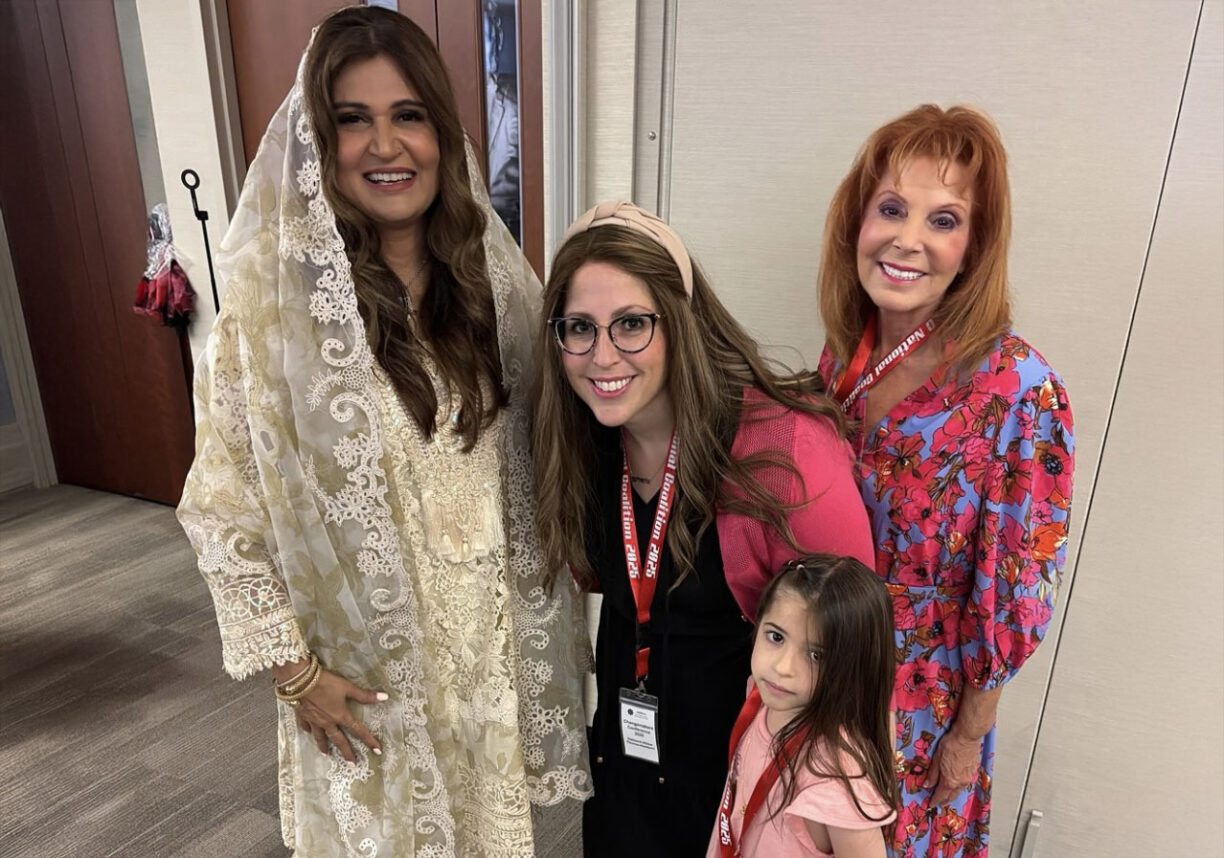
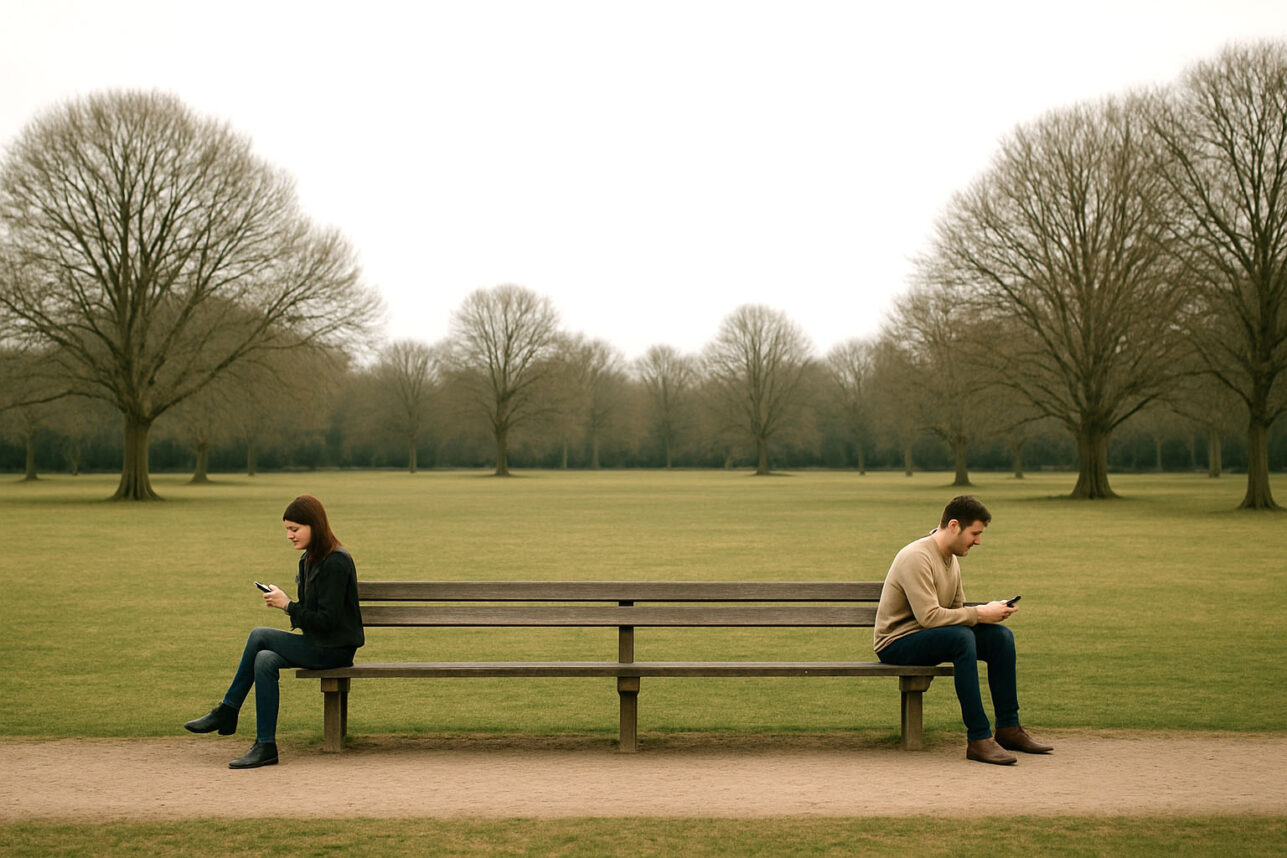
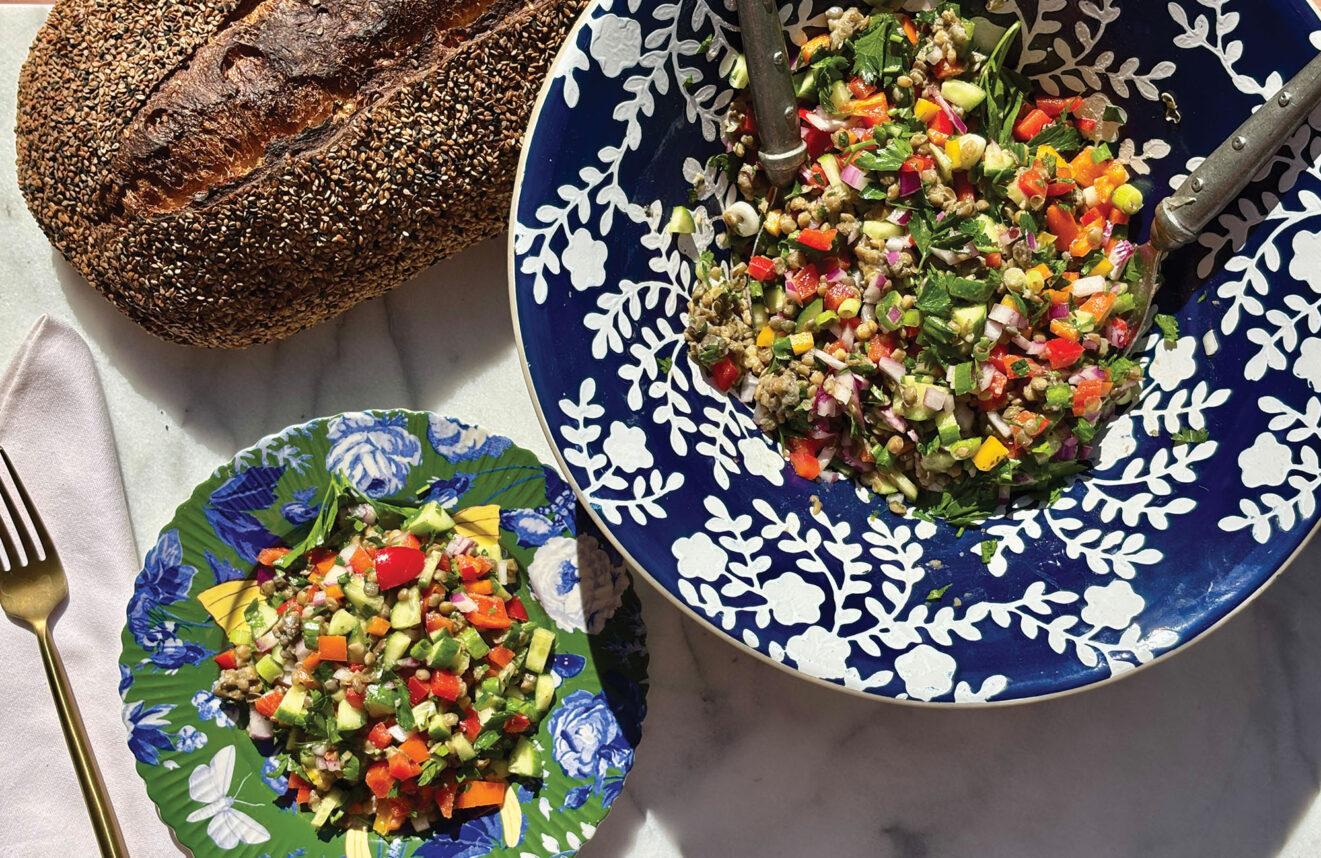
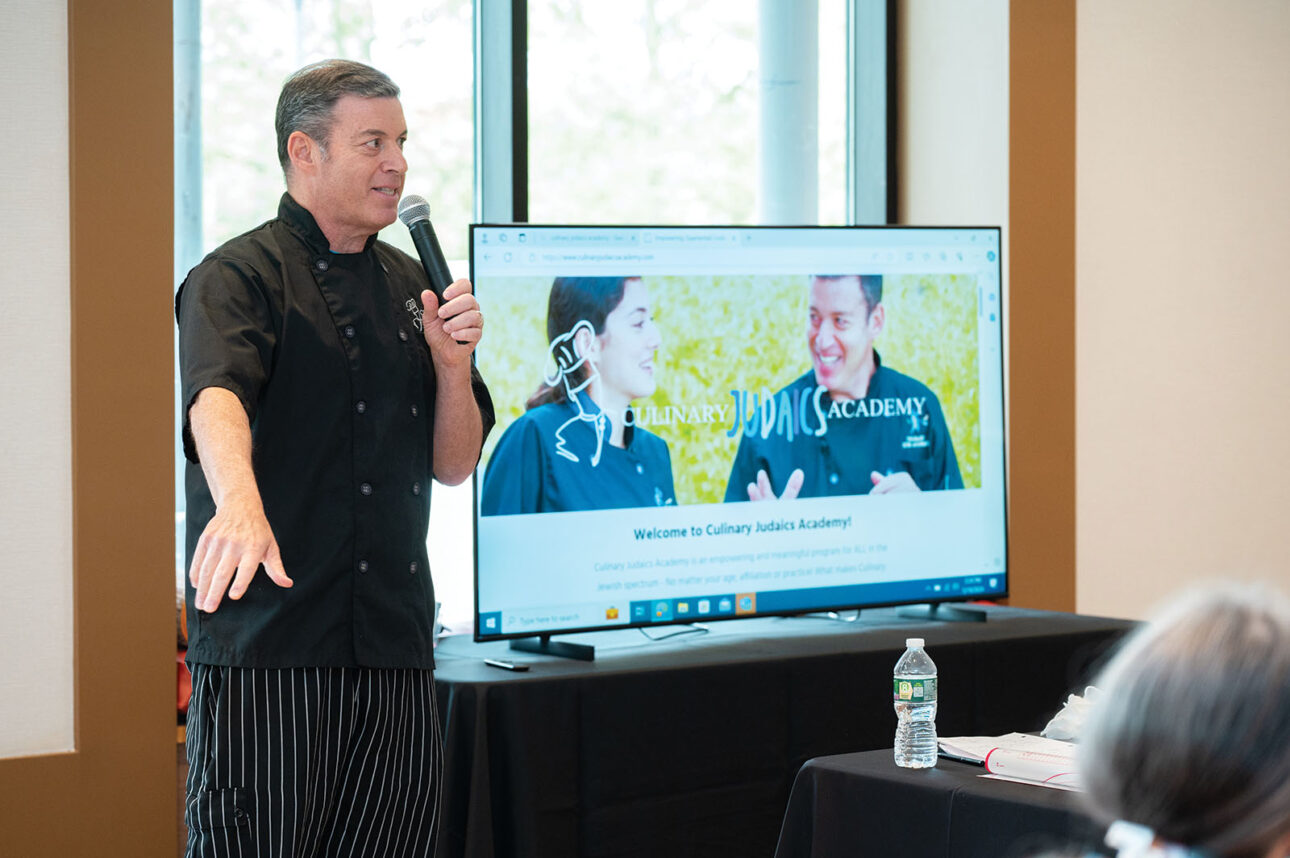
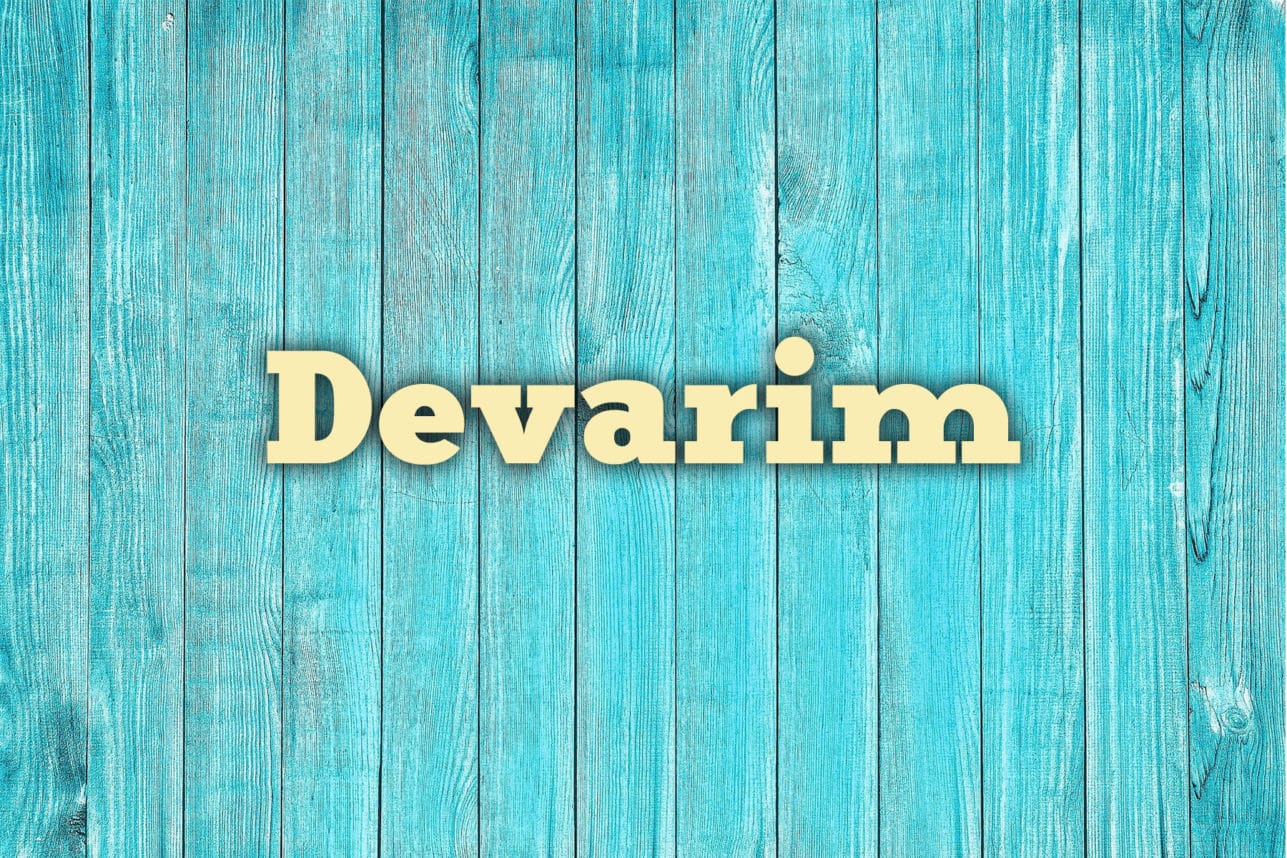



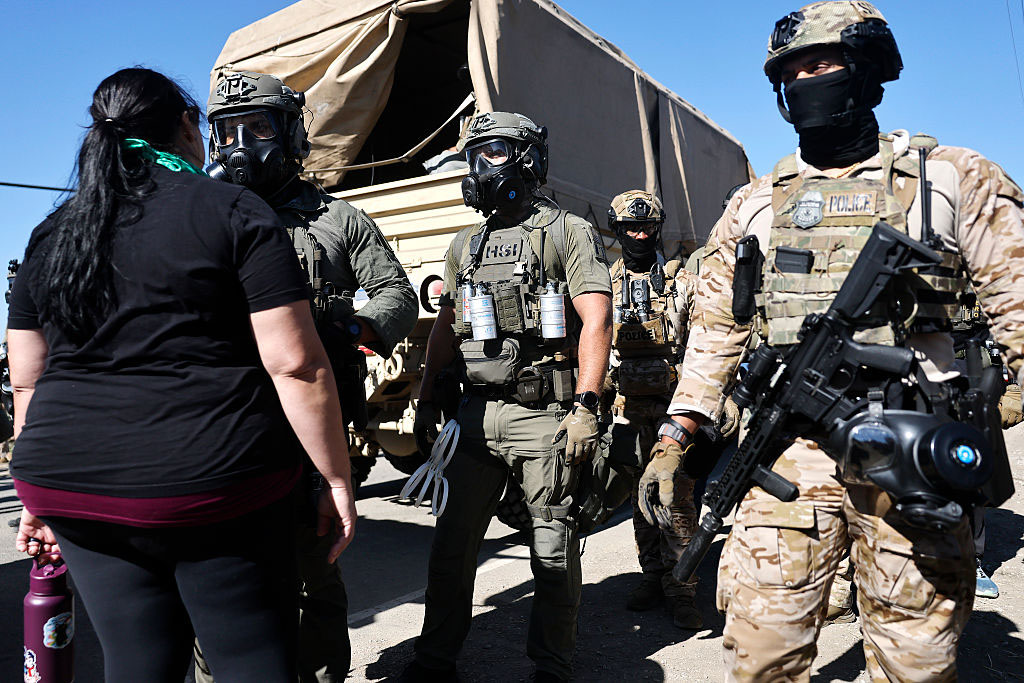



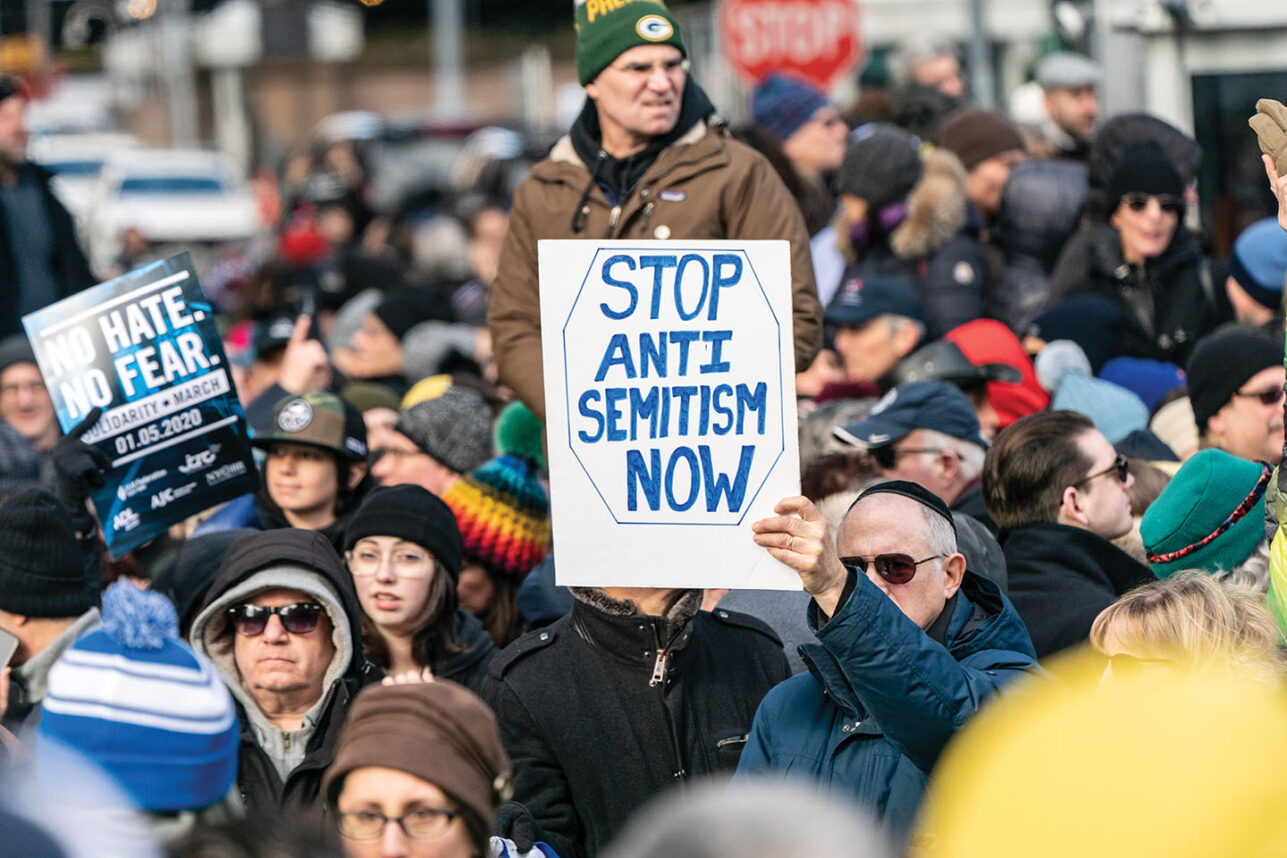



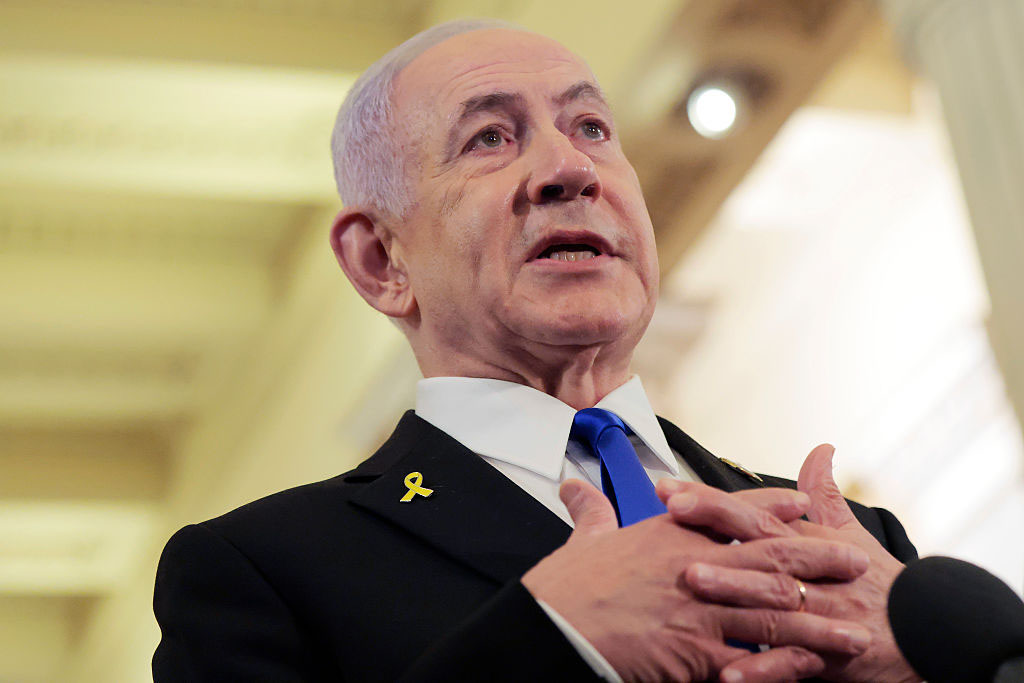



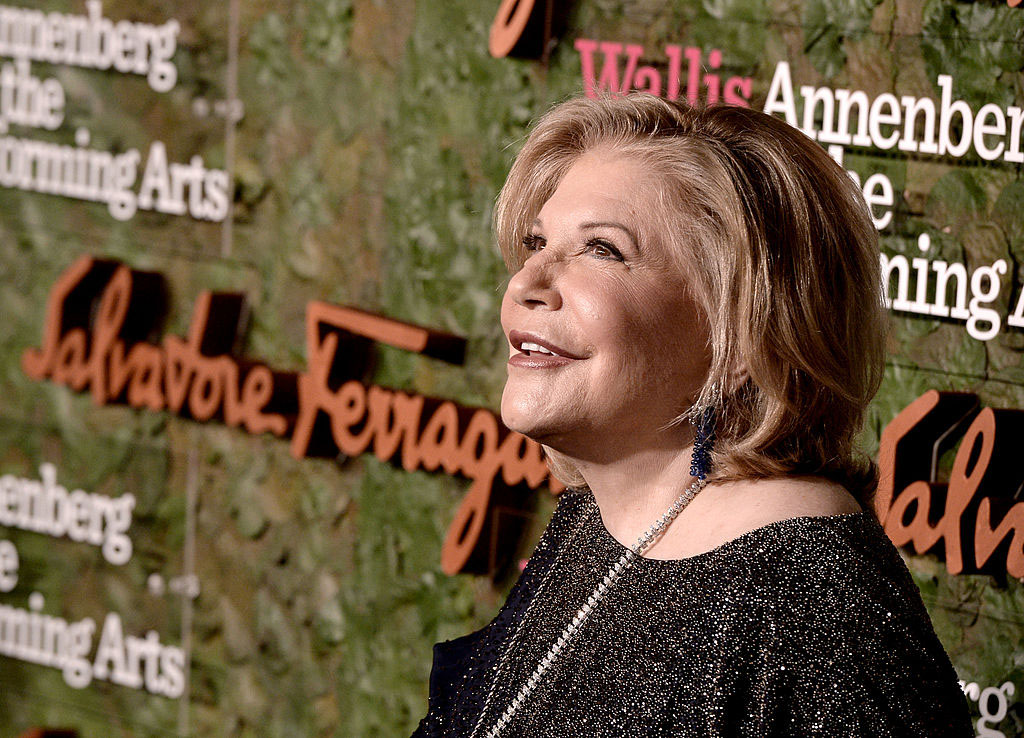
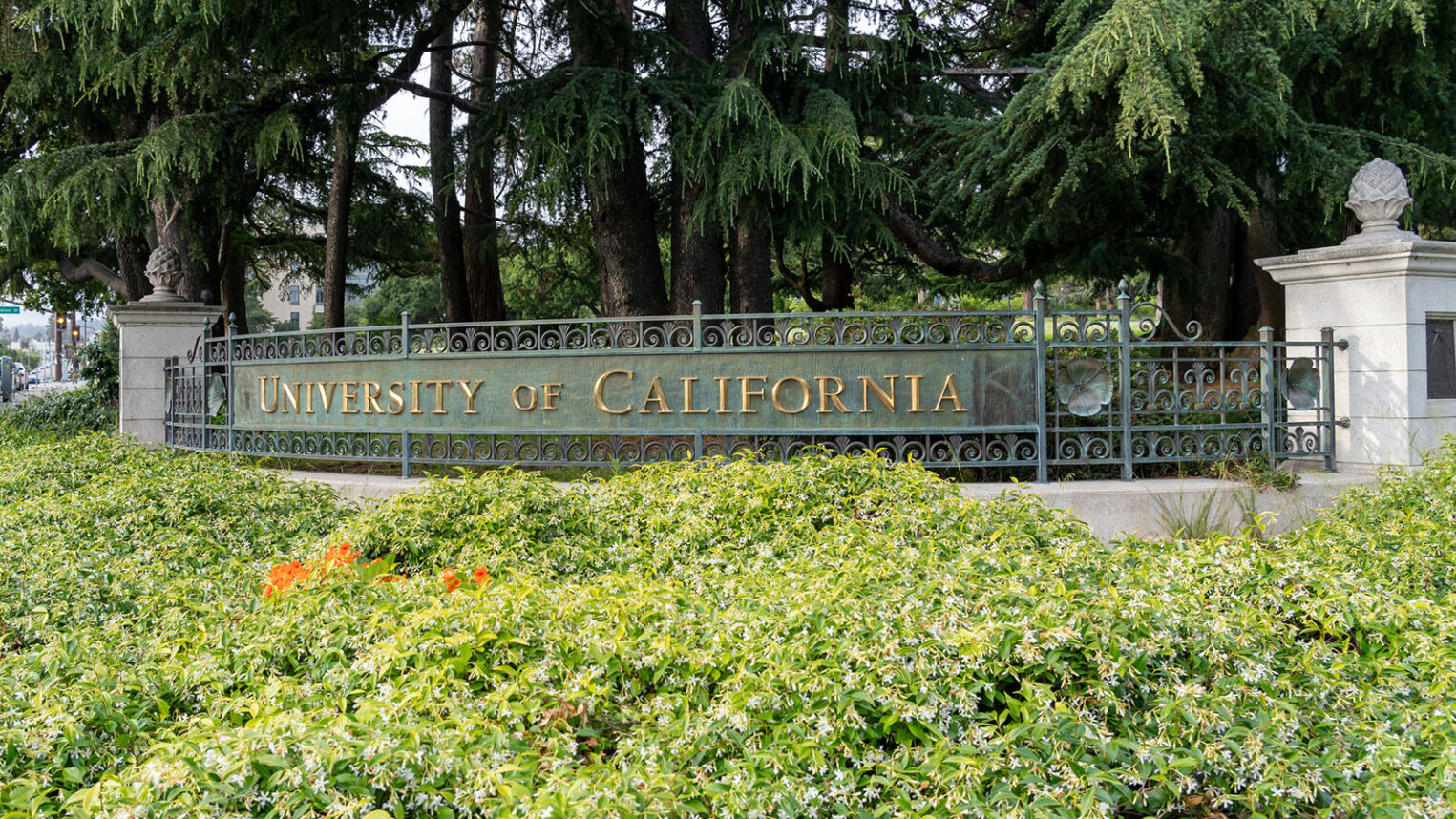

 More news and opinions than at a Shabbat dinner, right in your inbox.
More news and opinions than at a Shabbat dinner, right in your inbox.